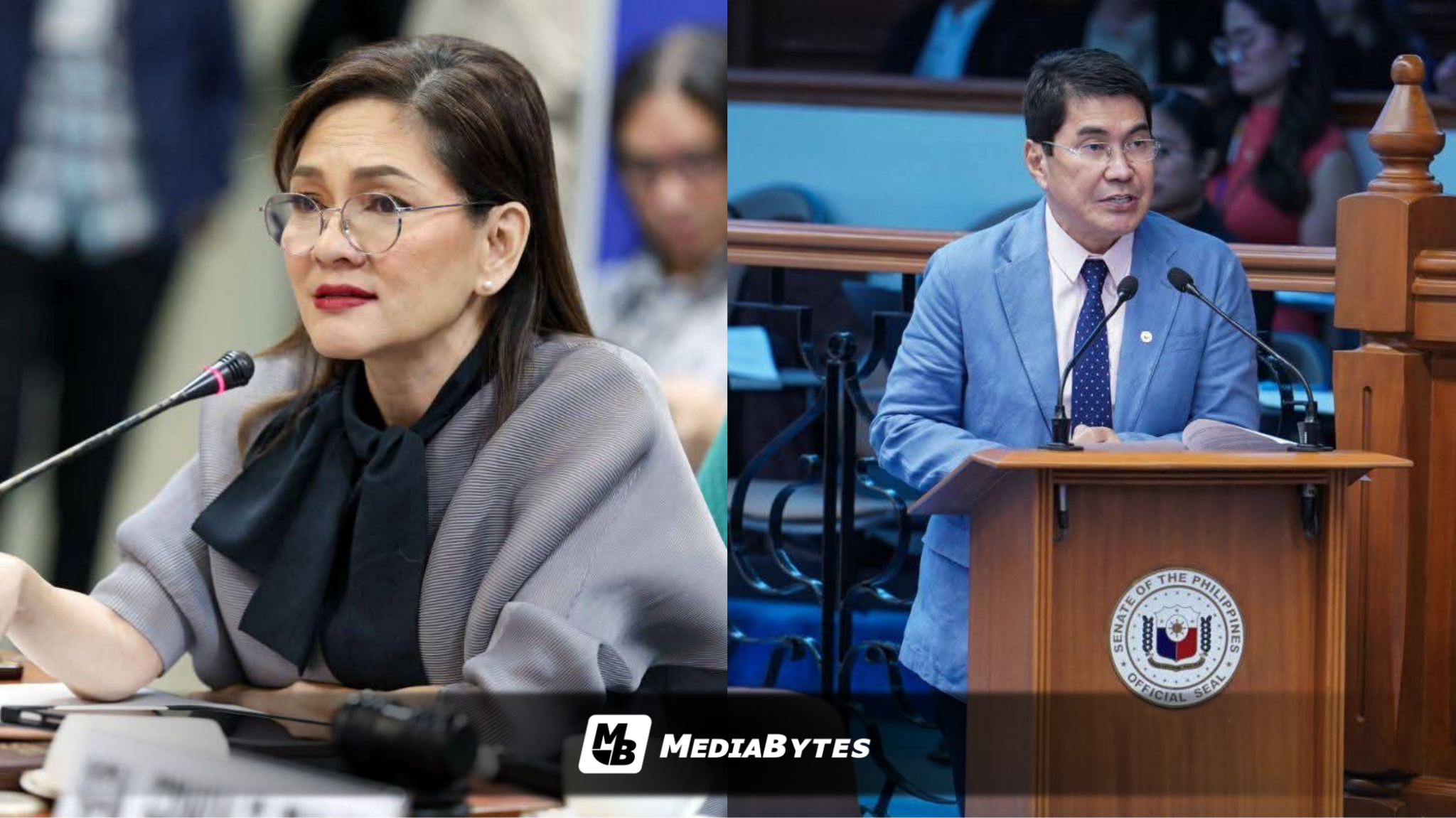
In a renewed bid to finally curb the dominance of political families, senators on Tuesday, August 19, called for a clear and enforceable definition of what constitutes a political dynasty.
Senate Deputy Minority Leader Risa Hontiveros stressed that Congress must “craft a clear definition of political dynasty and set its prohibition and limitation” on family members running for public office.
Hontiveros made the statement during a Senate hearing on three pending bills seeking to define and prohibit political dynasties, authored separately by Senators Panfilo “Ping” Lacson, Robin Padilla, and Francis “Kiko” Pangilinan.
As vice chair of the Senate Committee on Electoral Reforms and People’s Participation, Hontiveros reminded her colleagues that the 1987 Constitution explicitly mandated the prohibition of political dynasties “as may be defined by law.” Yet, nearly four decades later, no such law exists.
Citing a study by the Philippine Center for Investigative Journalism (PCIJ), she revealed that 113 out of 149 cities are under the control of political dynasties.
“Some say that political dynasty is okay, as long as their service is good. The question is, is this true? … While we can’t agree on having one Anti-Political Dynasty Law, only a few families hold a sway in our country,” Hontiveros said.
She pressed the Senate to answer critical questions:
- What exactly is the definition of a political dynasty?
- Should the ban extend to national positions or be limited to local ones?
- Should it include barangay and party-list representatives?
“The sooner we answer all these difficult questions about the Anti-Political Dynasty Law, the sooner we can end the concentration of public power among the few and the powerful,” Hontiveros added.
The senator also linked dynastic control to corruption in flood control projects:
“We saw that all their (15) flood projects happened to be in areas with fat dynasties, not just thin dynasties, but fat dynasties.”
Senator Erwin Tulfo echoed the call, acknowledging the “constitutional gap” that prevents a direct ban on dynasties.
“At the heart of the problem, however, lies a constitutional gap. The provision itself is not self-executing. This means the prohibition is clear, but the mandate is incomplete because Congress has yet to define, thru law, what exactly constitutes a political dynasty,” Tulfo said.
Admitting that his own family is emerging in politics, Tulfo clarified that the issue should not be about “attacking families” but about strengthening democratic institutions and ensuring equal opportunities in leadership.
“What does political dynasty really mean? How do we define and implement this in a way that will benefit our country?” Tulfo asked.



